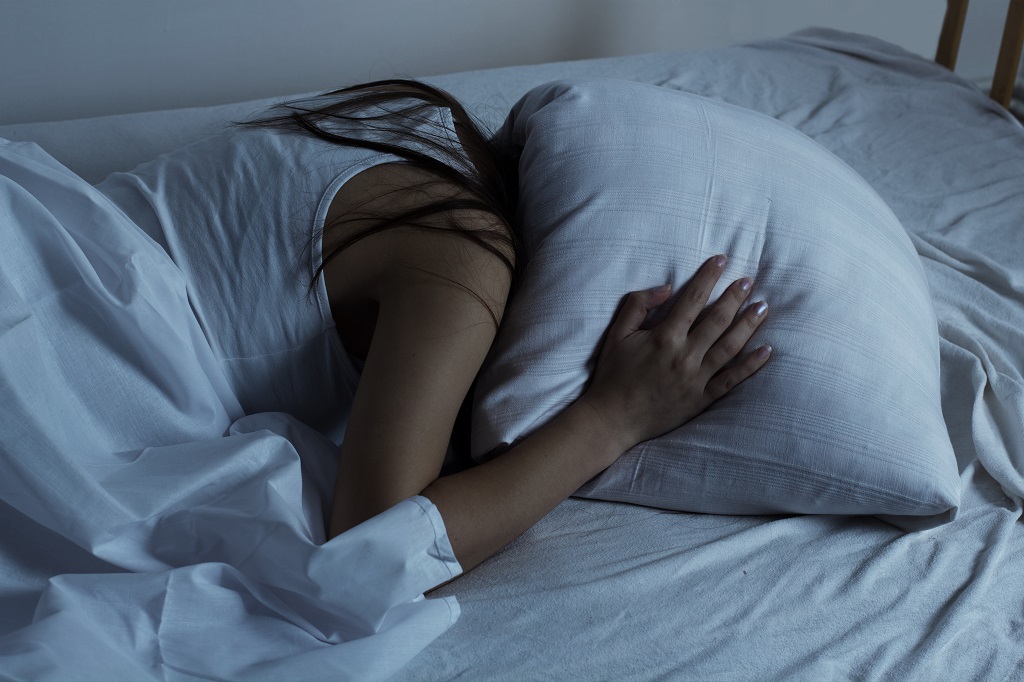While most of us are aware of the sleep benefits that exercise brings, insomnia is a whole different ball game. While regular exercise can help most people achieve better sleep, can moving our bodies also help insomnia? Defined as having trouble falling or staying asleep, waking up too early or experiencing restless sleep a few times a week, studies have actually shown that in as little as a month, people suffering with chronic insomnia can fall asleep about 13 minutes faster when they begin regular exercise. Here are the ways in which exercise can help insomnia:
Exercise changes your core body temperature
When we exercise, our bodies increase in core temperature – and when we stop, our temperature drops. When this happens, it mimics the temperature change that happens right before we fall asleep, signalling to your body that you’re preparing for rest. This change can signal to your brain that it is time to sleep, leading to a more organic and natural sleep for those with insomnia.
Exercise relieves anxiety and depression
Although two separate issues, insomnia often complements mental health issues like anxiety and depression. The symptoms of these can create a barrier for healthy sleep – but exercise can ease these symptoms and its intensity through the release of endorphins.
Exercise can realign your circadian rhythms
Known as our internal body clocks, the misalignment of our circadian rhythms can sometimes be a core reason for experiencing insomnia. The disruption in our circadian rhythms can cause individuals to feel tired at times that aren’t ‘natural’, but exercise may be able to help reset this.


 BLOG SERIES
BLOG SERIES